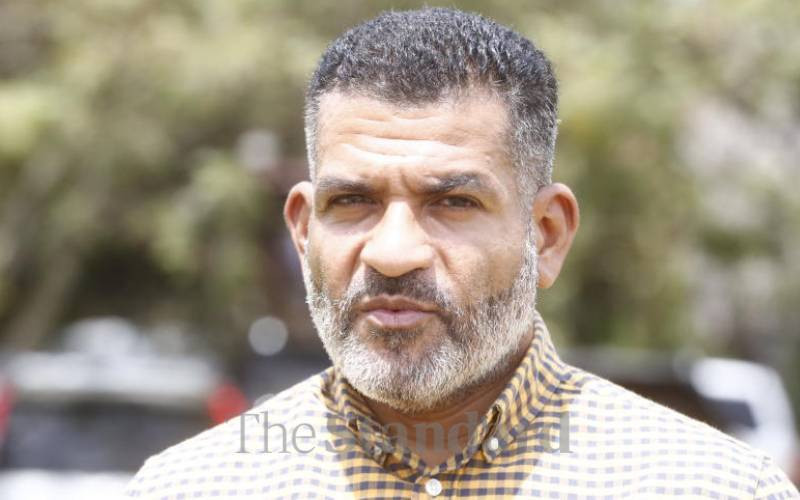×
The Standard e-Paper
Smart Minds Choose Us

The move by Attorney-General Justin Muturi to reject Mombasa County's plan to impose a levy on cargo passing through the port has thrown a spanner in the works in Governor Abdulswamad Nassir's hope to raise Sh2.3 billion per year to plug the budget deficit.
In an advisory to the National Treasury, Muturi said it is only the national government that is mandated under Article 209 (1) of the Constitution to impose a duty on imported goods.